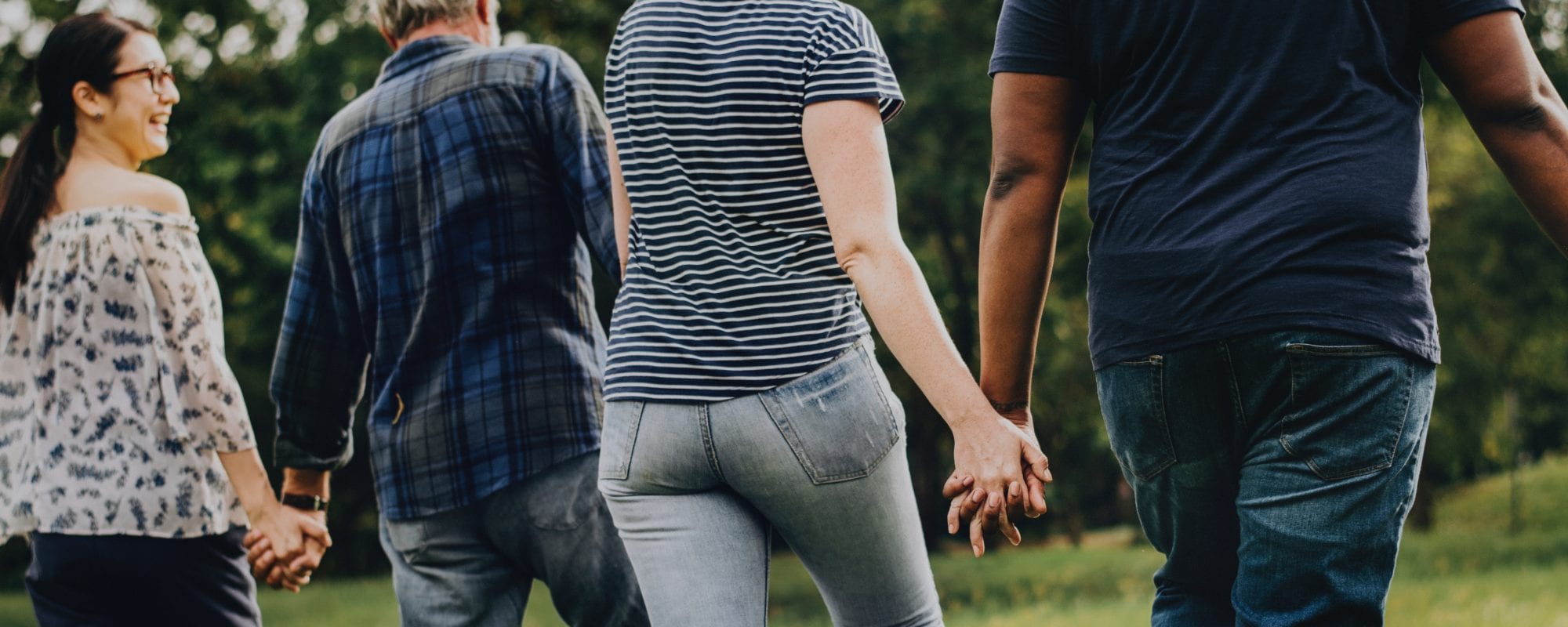“What is our community, and how might that community be reconciled with our freedom? How far do our obligations reach? How do we transform mere power into justice, mere sentiment into love?”
– Barack Obama, Dreams from My Father
Duck Lake in Saskatchewan is famous for two things: The Battle of Duck Lake of 1885 and St. Michael’s Indian Residential School, the last operating residential school in Canada. (It closed in 1996.) It has a population of 600 people.
Three students, Christine, Sarah, and Richard approached me after my usual assembly asking whether we could do a workshop together. I agreed. As usual, I asked: “How do you want to make an impact in your local community?”
Christine replied, “I want to see an event that brings the community together.”
This is a very common answer, so I was about to ask her to elaborate when she said something that caught me off guard.
“We haven’t had a community-wide event without people having-” She paused.
“Yes?” I asked.
“Incidents.”
“What do you mean by that?”
“Well, there are always clashes in the community because a lot of people deny that residential schools existed.”
I could not wrap my mind around this. Of all places, Duck Lake denies residential schools? A town with St. Michael’s Indian Residential School that closed only 23 years ago? When the majority of the Indigenous population who lives here, has witnessed its existence, who lived through the abuse, and where the school is still standing right in the town?
I kept asking questions to try to understand. It turns out, half of Duck Lake’s population are now non-Indigenous people, as more newcomers come to live here. Some believe St. Michael’s school was a normal school, because there were two programs in the school: St. Michael’s Day School, a standard school that non-Indigenous students attended and went back home, and St. Michael’s Indian Residential School, a school where students were forcibly removed from the parents, went to the school, didn’t get to go back home, and lived in the school.
Sarah said that her father went to that school, and was sexually and physically abused by the teacher and it closed when he was in fourth grade.
Christine said that the community is growing apart, and that they haven’t seen a community-wide event in over a decade. “I’ve always wanted to see the whole community come together. We have an annual powwow in July, and we always make an effort to invite the local non-Indigenous to come. They don’t show up and if they do, they take pictures of us and leave. We want them to participate. The powwow is for everybody.”
We applied the powwow to the community-organizing model that I usually explain in the workshop. I explained, “As I said in the assembly, climate change is not the only thing going on in this world. A divided community can’t come together to solve climate change either. Reconciliation and combatting residential school denial is much more relevant here.” We designed a sustainable powwow and created an action plan forward.
When we finished the workshop, Christine said, “I would love to see the community come together before I graduate. I’ve always wanted to see the community come together.” I promised to do everything in my power to help make it a reality.
I went to the bathroom and cried. It was a mix of overwhelming emotions. The blatant display of systematic racism and oppression in Duck Lake. The audacity of newcomers to tell survivors of residential schools that they’re lying. The continued invitation to those deniers to join the powwow and celebrate together. Above all, the pure and genuine desire of the students who just want to see the community come together: “Because the powwow is for everybody.”
This was a conversation I will remember for the rest of my life.
This is the clearest and loudest expression of “Truth and Reconciliation” I have experienced. I really hope the wishes of the students come true. I am so honoured and fulfilled that 3% Project can play a part in that.
Sincerely,
Steve
(Note: The names of the students and identifying details have been changed to protect the privacy of individuals.)

